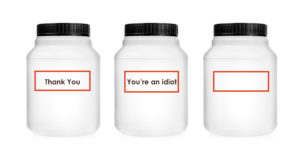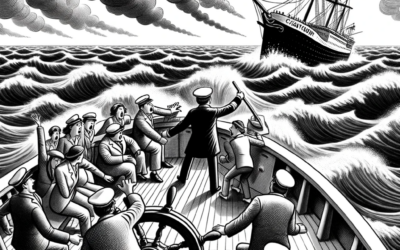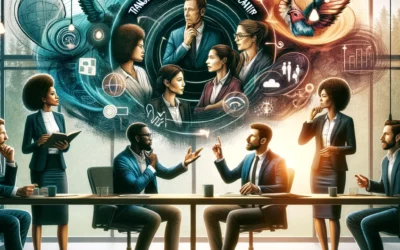A word is dead when it is said some say, I say it just begins to live that day.
– Emily Dickinson
Words can uplift or cause lasting harm to others, but can words uplift or cause lasting harm to nearby substances like water and rice? Can those substances absorb and reflect our emotions? Dr. Masaru Emoto, the New York Times bestselling author of The Hidden Messages in Water, believes so, and he documents the effects in astonishing pictures of frozen water crystals, using high-speed photography.
This is how Emoto’s study was done, and once you see the results in the video below, you may want to try it for yourself:
Fill three identical beakers with the exact same amount of cooked rice and water. Attach the following labels (one to each beaker):
1. Thank you
2. You’re an idiot
3. [blank]

Put the beakers in the pantry for 30 days. During this period, say kind words inspired by “Thank you” to Jar #1 every day, say negative words inspired by “You’re an idiot” to Jar #2, and say nothing to Jar #3.
At the end of the study, Emoto found:
1. The rice receiving positive thoughts barely changed
2. The rice receiving negative thoughts was moldy and rotten
3. The rice that was ignored was even worse than the one receiving negative thoughts
If this is the effect on a small jar of rice and water, imagine for a moment the effects of critical words coming from a parent, sibling, friend, teacher, supervisor or boss.
As a leader, are you using enough praise to motivate and support others? Or are you leading with criticism?
Visually, Emoto’s photos are certainly compelling. And I have a good friend who tried Emoto’s rice experiment and came up with the same results as he did. I should mention, though, that the scientific community at large is highly skeptical. It’s not clear that Emoto’s experiment was a double-blind study, for one thing, and the process may also have been susceptible to “experimenter bias” (since Emoto could choose which crystal images to display). Not everyone has come up with the same results as Emoto and my friend either.
That said, there is solid science supporting “emotional contagion”—a tendency for two individuals to converge emotionally (consciously or unconsciously) through mimicry. With the help of mirror neurons, we can and do influence others with our words, beliefs, and emotions. We are hard-wired to do what others do and feel what others feel in part so that we can better predict their intentions and protect ourselves.
We can’t get any past moment back, but we have the power to change every person we interact with each day with our words, actions, and emotions. Why not err on the side of having a positive impact–both on others’ behavior and their emotions?



